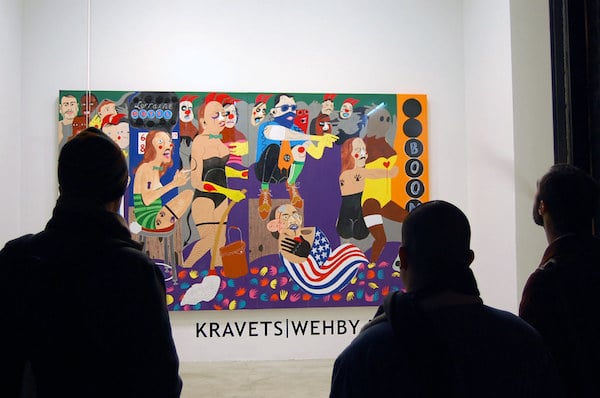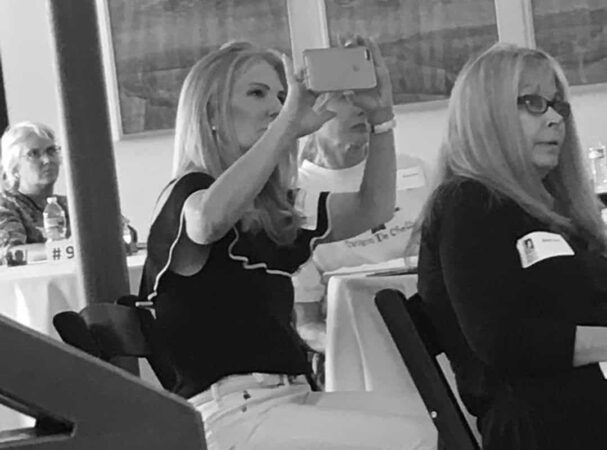
So many creative people labor under the fantasy of “being discovered,” and who can blame us? We’re artists; we live to communicate. When we are acknowledged, we know we have successfully reached someone, and that’s a creative coup. If the acknowledgment is coming from an industry gatekeeper, we can finally rest easy. We have bullet-proof validation that we’re good at what we do. It means we have a future—that someone else is going to take care of the non-creative side and order the Uber—and all of our efforts have not been in vain. Cue “New York, New York” and the Rockette kick-line, right?
Wrong. I’m here to tell you that the days of “being discovered” have passed, and may they rest in peace. Screw ’em. Sure, some people still get discovered. Tall teenagers in shopping malls occasionally get modeling contracts and jet off to Paris. But now, more than ever, most of us do not need to be discovered; we already are.
In the world of cultural theory, people caution against making statements about “discovery”—as if what was already there had no meaning until someone “important” decided they liked it and owned it. In fact, we should all think twice about the power dynamic involved in THAT kind of discovery. Although many of us yearn for that outdated model of success, it frequently involves a total loss of control and authorship. If you’re old like me and remember Irene Cara—who appeared in the movie Fame, and who had hit songs in that film and also Flashdance—you may also recall that we didn’t hear much about her after those huge projects. That’s because her record company failed to pay Cara full royalties for her two colossal hits (she won an Oscar and a Grammy for “What A Feeling”). After spending years tied up in a lawsuit, her artistry got buried. Her career was put in other people’s hands.
Free for All
We now have many ways of being seen and recognized beyond the big institutions. Thank you, Internet. Thank you, art fairs and fringe festivals. Sure, they can sometimes be a double-edged sword—it’s that same fragmented, say-whatever-you-want-and-get-famous-even-if-you’re-an-idiot system that gave us Justin Bieber, who was discovered on YouTube and who’s been embarrassing law-abiding Canadians like myself ever since. The tradeoff is that we get quantity but not always quality. Still, all of these avenues provide us with multiple routes for arriving.
So now that we can break into the market without the approval of a gatekeeper, the question becomes one of focusing and finding your audience and your network, and making yourself stand out in ways that are authentic to your work and yourself. That means branding and marketing—though let’s not even call it that for a moment. Instead, think of it as “getting your sh*t out there to someone who might give a sh*t.” The way you achieve that can be driven by the same guts and creativity that fuel your actual work.
The pitfall here, as we all-too-painfully know, is that under the new order (or lack of it), there’s no insulation from the opinions of your public or the decisions of your buyers. You can be misunderstood, underappreciated, or fail, and there are no handlers to soften the blow and buy up all the newspapers near the stage door so you don’t read the bad review.
It’s not easy to face the market head-on, but ultimately it allows us choices that we wouldn’t otherwise have, and the chance to become fully-realized creative adults. Rather than working in starry-eyed pursuit of the approval of industry tastemakers, it’s a much better strategy to identify which of our goals needs collaborators with more developed networks or resources than our own. It’s easy enough for some gatekeepers to profit from infantilizing the talent, but there’s no reason we have to participate.







